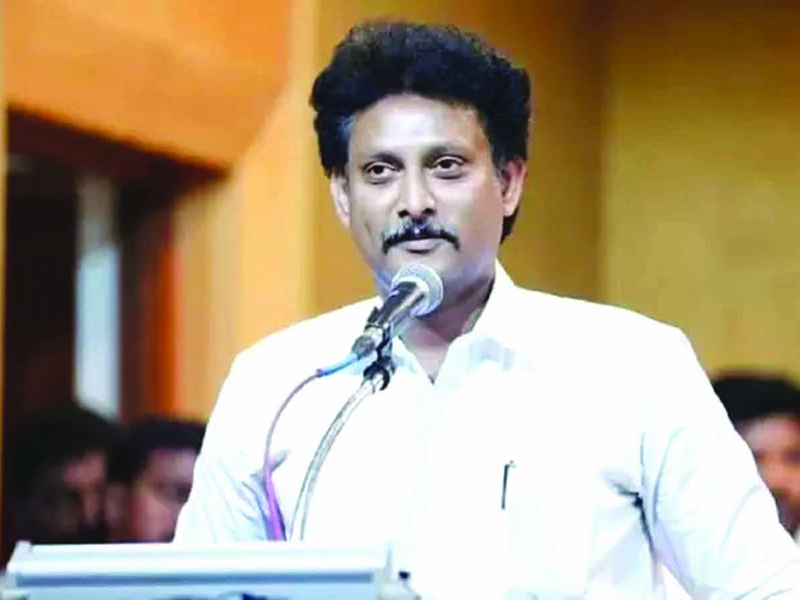Shivani Chaturvedi (Chennai) In a reaction to the dmk government’s refusal to implement the National Education Policy (NEP) 2020 and writing its own State Education Policy (SEP) under the guidelines of the Justice Murugesan Committee which submitted a 550-page draft to the state government on July 1, the BJP-led NDA government at the Centre has withheld the first installment of Rs.573 crore payable to Tamil Nadu under the Samagra Shiksha Abhiyan (SSA) scheme. Under SSA (preschool-class XII) development allocation of the Union education ministry, Tamil Nadu was allocated Rs.3,586 crore for 2024-25, with the Union government to contribute Rs.2,152 crore (60 percent) and the state government covering the remaining Rs.1,434 crore. The funds were to be disbursed in four installments of which the first installment was due in June. However, despite several reminders and letters from the state government, the Centre is yet to release the first installment. This delay has raised alarm about its impact on the state’s education infrastructure and students enrolled in 37,217 government and 8,403 government-aided schools. D. Girija Devi, principal of Anna Gem Science Park Matriculation Higher Secondary School, Chennai, which has 1,400 students and 70 teachers on its muster rolls, says a severe setback for government schools is imminent. “Government school students depend on state government funds to purchase essential textbooks, uniforms, and laboratory equipment. If the state doesn’t receive funding from the Centre, there will be a cascading effect. Education should not be entangled in political disputes between the Centre and states.” The immediate worry is that it is likely to delay the payment of salaries of an estimated 15,000 government and aided school teachers. Moreover, lack of funding could disrupt other critical educational services, including reimbursement of fees for students admitted under the 25 percent quota of the Right to Education (RTE) Act, transportation and escort services provided for children in remote rural areas, teacher training programs, and self-defence training for girls in classes VI-XII. Addressing the media in Kootapuli, Tirunelveli on August 31, education minister Anbil Mahesh Poyyamozhi highlighted that the Centre had already withheld Rs.230 crore — the final installment of the previous year — and is now refusing to release the first installment of Rs.540 crore due in June. He said that the Tamil Nadu government’s opposition to NEP 2020, which has aroused the ire of the Central government, is primarily due to NEP’s mandate that all students countrywide need to compulsorily learn three languages, including Hindi. This is opposed by all political parties in the state, especially DMK since 1965 when Hindi was first declared India’s national language by the Congress government at the Centre in pursuance of an ill-advised constitutional mandate. Political parties in peninsular India — especially Tamil Nadu whose people pride themselves on the classical vintage and rich vocabulary of Tamil — have vehemently opposed imposition of Hindi as the national language (despite it being the mother tongue of an estimated 47 percent of the country’s population). Tamils believe that declaring it as such would…
Tamil Nadu: Imminent constitutional crisis
